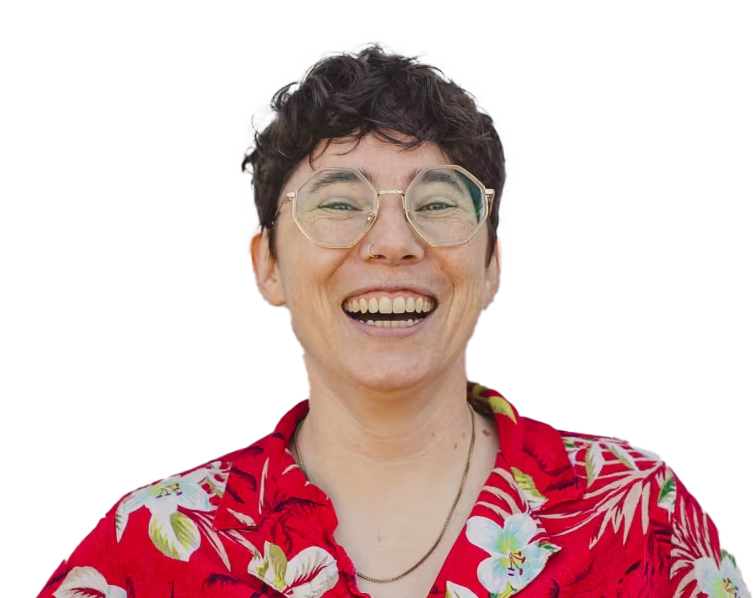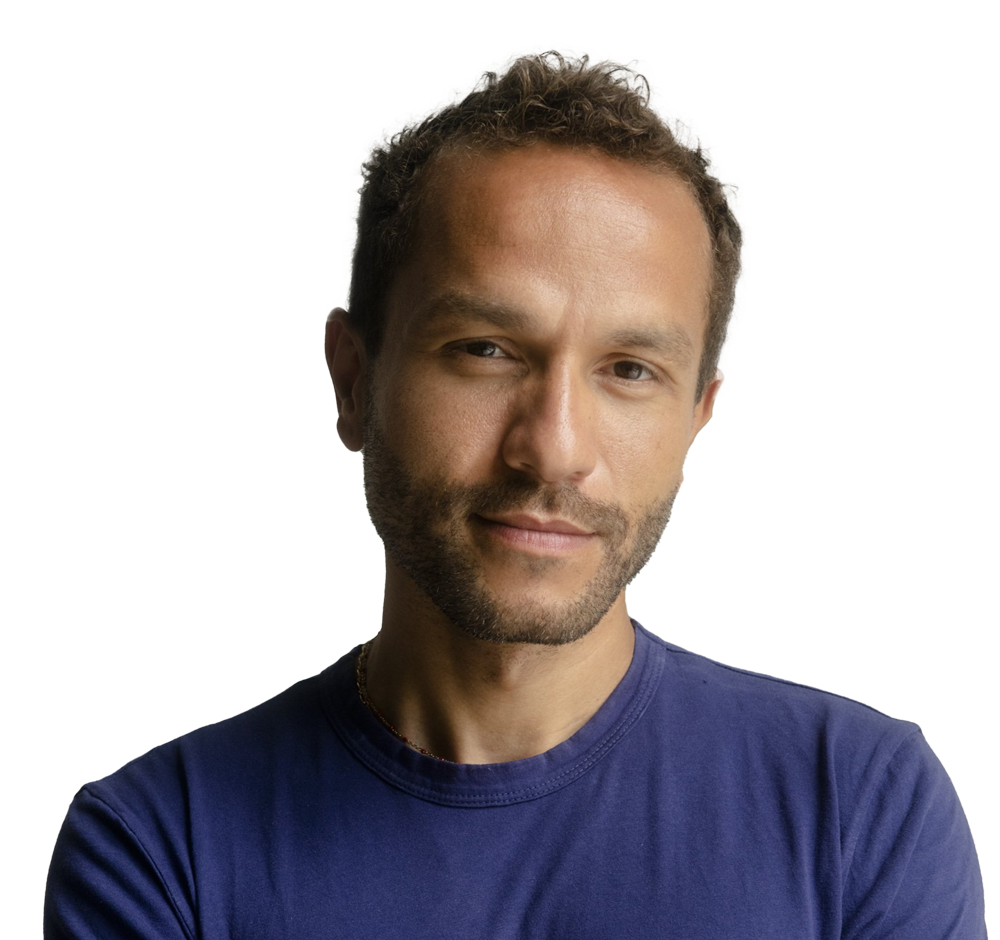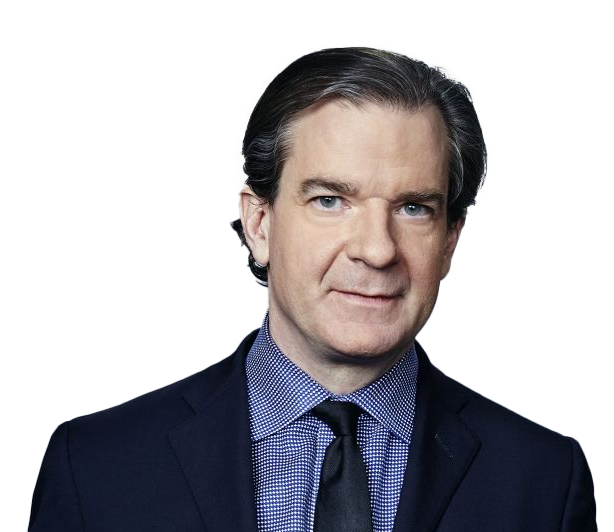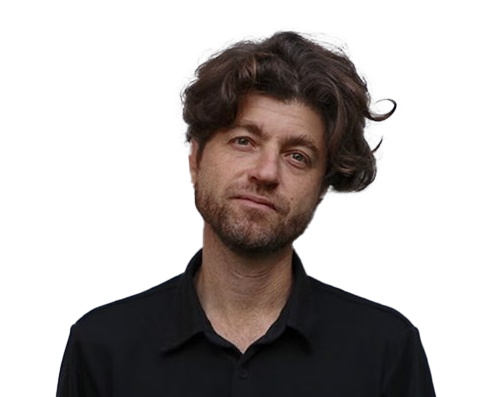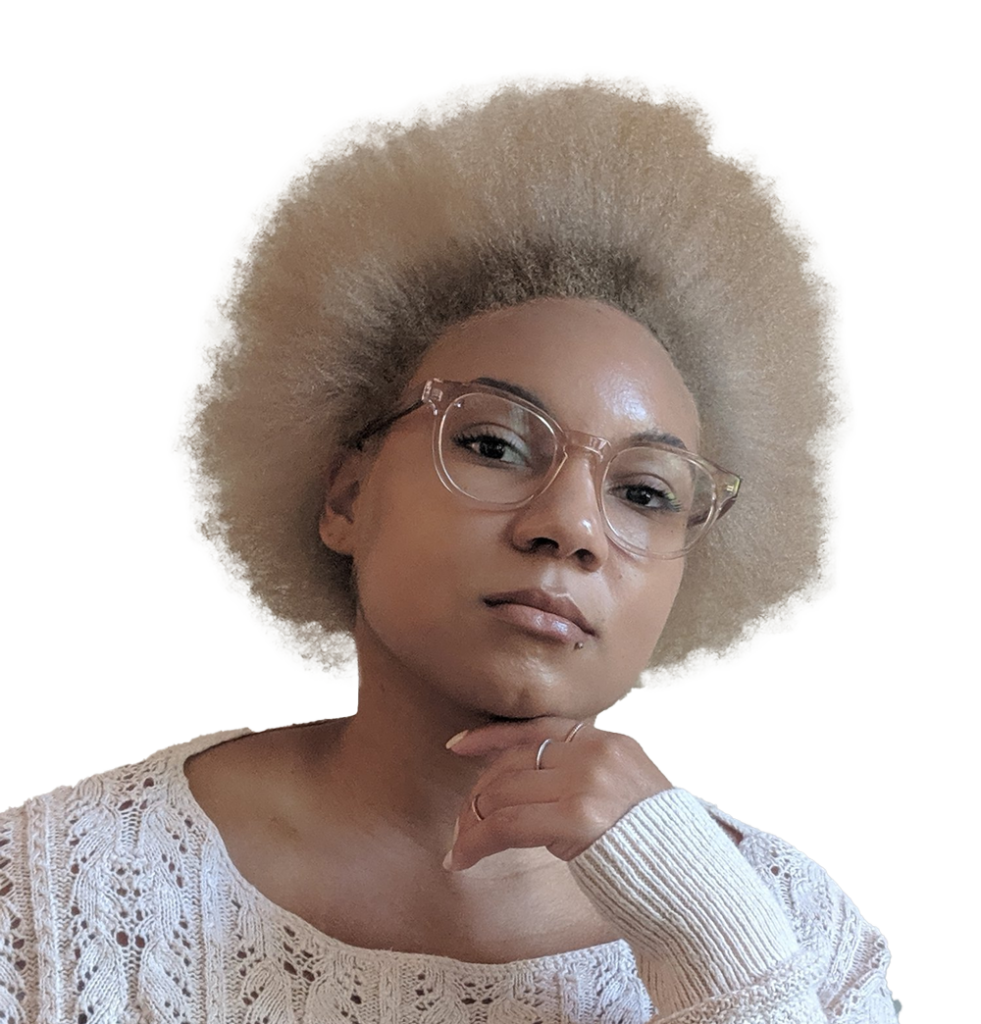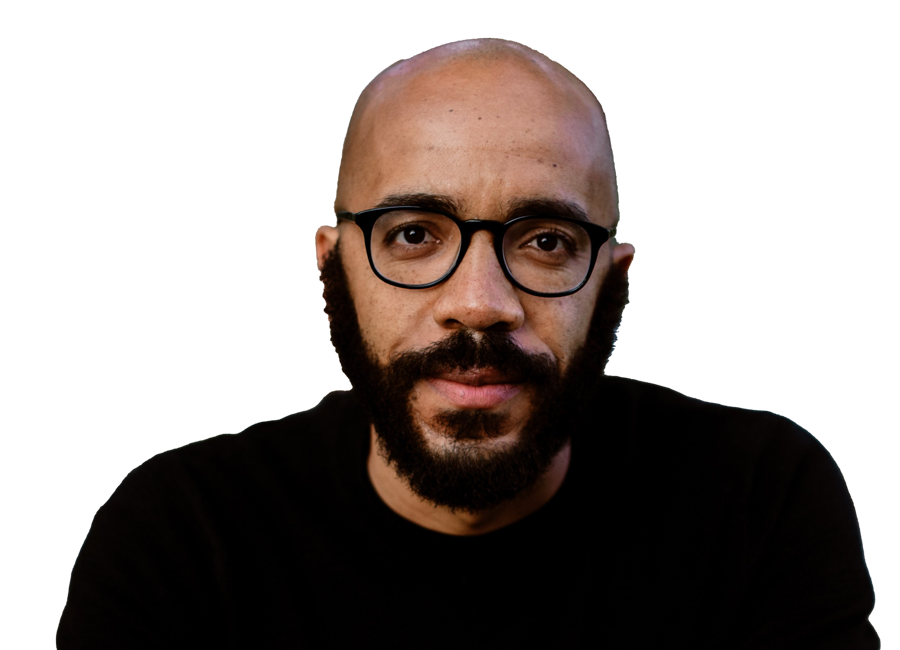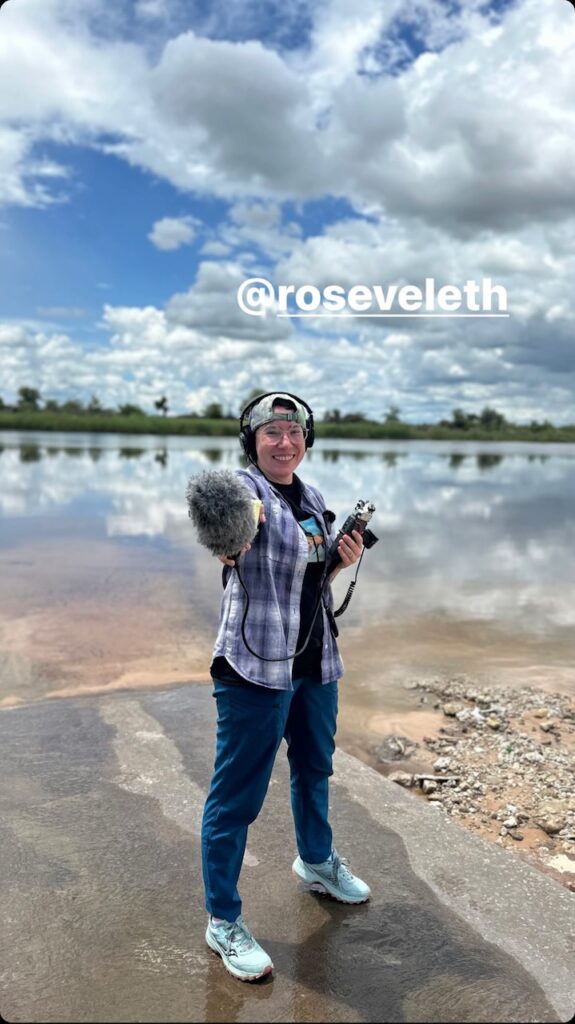
Reo Eveleth’s projects are often sparked by a single question that they can’t shake. “It starts with something I can’t stop thinking about,” they say. “If I haven’t seen a satisfying answer—or if the question won’t leave me alone—that’s how I know it’s something to explore.”
That unrelenting curiosity has fueled a career across audio, journalism, and storytelling. Reo is perhaps best known for Tested, a Peabody-nominated podcast that investigates how sex testing in sports has shaped—and harmed—the lives of women athletes, especially those from the Global South.
The path to production was far from simple. “I pitched Tested 26 times before it was accepted the twenty-seventh time,” they said. “That is a sort of deranged amount of pitching, and I’ll never do that again. But I just couldn’t stop.” More than once, they were rejected for not being “famous enough to host it.” Their response? “As a listener, I hate when you hear a show hosted by a celebrity who doesn’t care about the topic. If the host doesn’t care deeply about it, why would I spend six hours listening?”
To produce the series, Reo poured in their own time, energy, and savings. “I spent all of my savings to make Tested. I have no money left over. I can’t do this again.” While a fellowship from New America offered some funding and affirmation, the process exposed the challenges of sustaining deep investigative work in a creative economy that often demands speed, fame, or virality.
For Reo, the goal wasn’t external acclaim. “I’m under no illusion that Tested is going to change the minds of people who are transphobic. But I want to talk to people who are genuinely confused. Often, these issues are made intentionally confusing. I want to create that experience of wondering, and then seeing the world in a new way that’s complicated and interesting.”
The response to the series surprised them. “I didn’t get as much negative reaction as I thought I would. Mostly, I got people saying, ‘I thought this was simple and now I learned that it’s not.’ That was really great.”
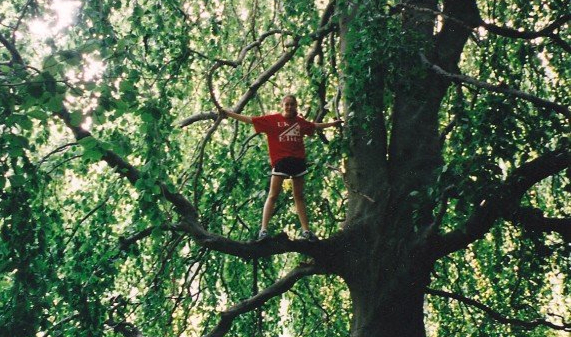
Curiosity is something Reo has nurtured since childhood. “I was very curious about how things work and why things are the way that they are,” explains Reo. In fifth grade, their teacher banned them from asking more questions so the class could move on to other material. “I’m always interested in ways of learning new things,” they explain. “When I was 12 years old, I got very interested in scuba diving and asked my dad to help me find a scuba certification course.” Their dad found a course—it just wasn’t designed for kids. “There I was, this tween, going through this adult certification, and of course, it was really hard!”
Today, Reo remains just as driven to ask, explore, and try new things. They recently became immersed in powerlifting—a hobby that began when they were “super depressed and needed a reason to leave the house.” Their love for lifting is as practical as it is emotional. “It’s my smooth brain time. It’s simple: You pick up a weight and put it down. Also, it’s really cool to be strong!”
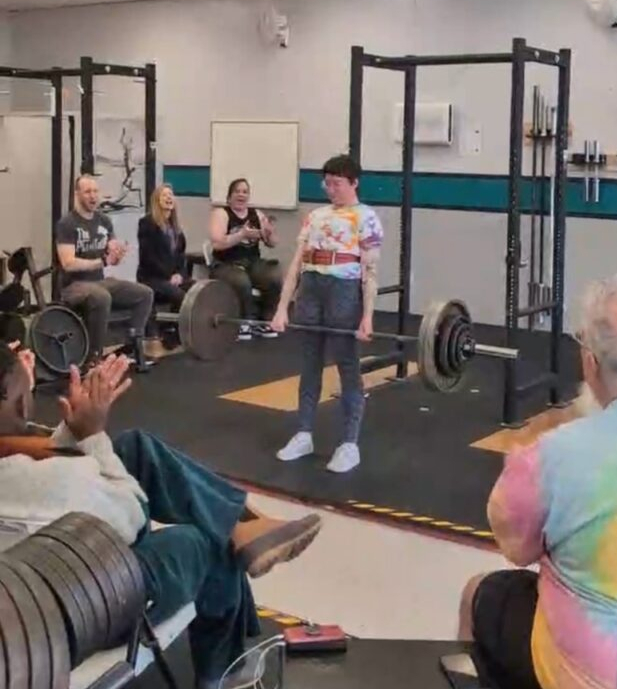
Other creative outlets, like pottery, remain intentionally separate from professional life. “I never sell anything because I’m trying my best to resist turning a hobby into a hustle. If something doesn’t work, I can throw it away. It just allows for more freedom to try things and have it not work. That’s a relief.”
In contrast, the world of journalism doesn’t offer room for failure. “Failing in journalism is bad—it means you could’ve hurt a source or gotten something wrong. But in pottery? It’s fine.”
Even as their projects evolve, Reo’s perspective on storytelling remains consistent. “I’m not the interesting part. I’m the camera pointing at things and saying, ‘Look at this.’ When the camera turns on me, I get very uncomfortable.”
That discomfort extends to social media, where they reluctantly accept the performance required to succeed. “There are people who can write their books and don’t have to [self-promote]. I’m not there yet. I sort of try to thread the needle.”
But if Reo doesn’t love the spotlight, they do love shining it—on questions that matter, and people too often ignored. At heart, they remain what they’ve always been: a seeker, drawn to complexity, and willing to follow curiosity wherever it leads.
July 9, 2025
Photos provided courtesy of the Fellow.
